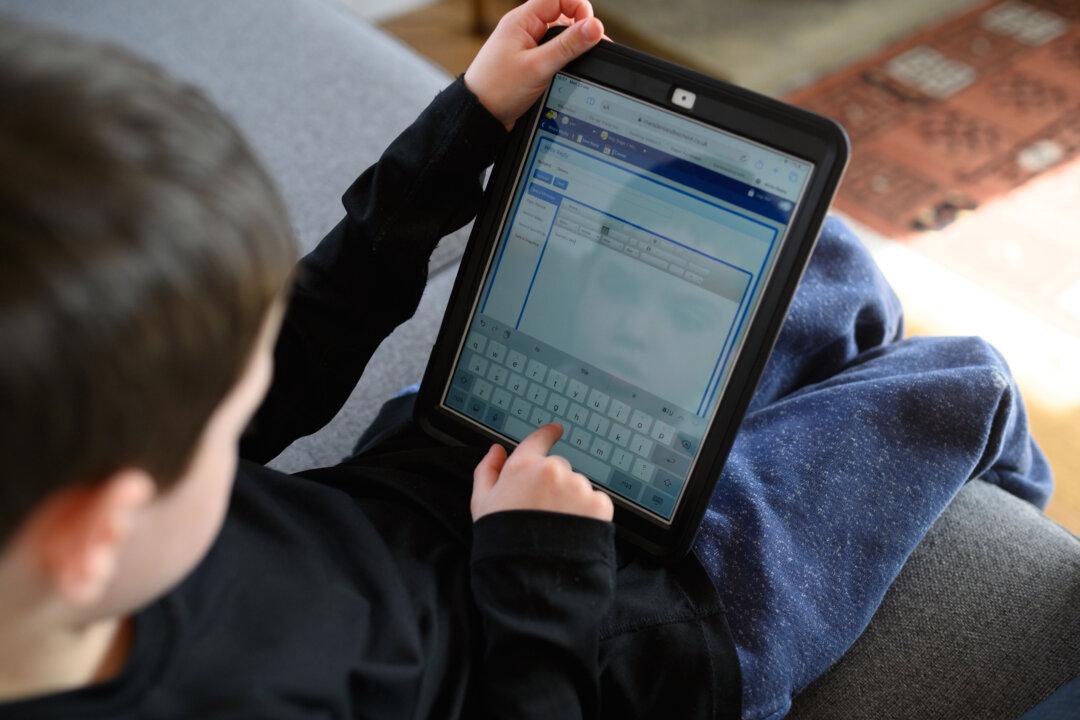Fewer 4- and 5-year-olds in England met the expected levels of development in 2021 than before the pandemic, new research suggests.
According to a new study published on Wednesday, early years foundation stage profile (EYFSP) data suggested only 58.7 percent of new primary school pupils reached by the end of their reception year a good level of development (GLD) in all five areas measured, including communication and language; physical development; literacy; maths; and personal, social, and emotional development.





